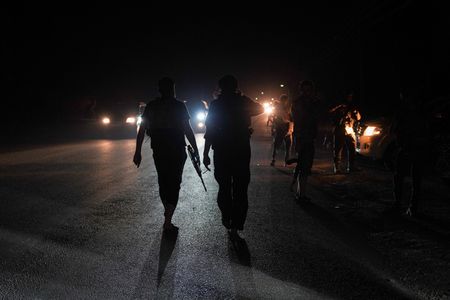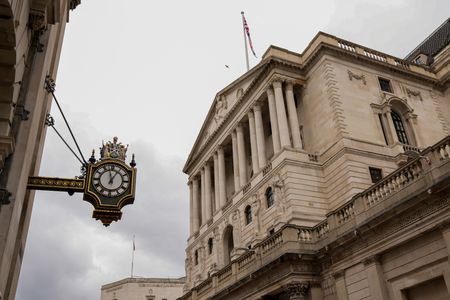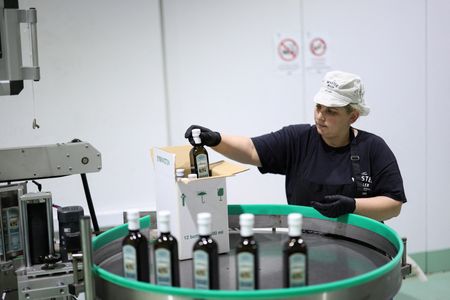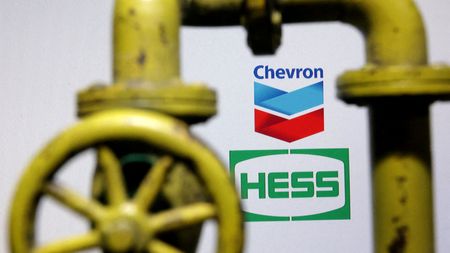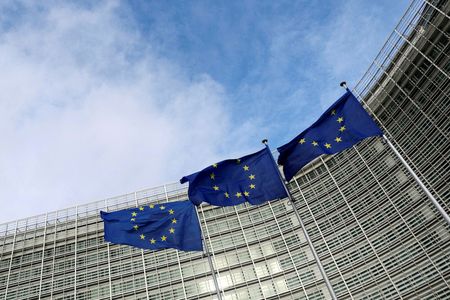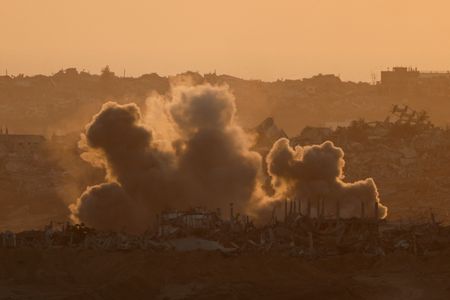BEIRUT/JERUSALEM (Reuters) -Israel has agreed to allow limited access by Syrian forces into the Sweida area of southern Syria for the next two days, an Israeli official said on Friday, after days of bloodshed in the predominantly Druze area that has killed over 300 people.
Sweida province has been engulfed by nearly a week of violence triggered by clashes between Bedouin fighters and factions from the Druze, a minority with followers in Syria, Lebanon and Israel.
Damascus earlier this week dispatched government troops to quell the fighting, but they were accused of carrying out widespread violations against the Druze and were hit by Israeli strikes before withdrawing under a truce agreed on Wednesday.
Israel had repeatedly said it would not allow Syrian troops to deploy to the country’s south, but on Friday it said it would grant them a brief window to end renewed clashes there.
“In light of the ongoing instability in southwest Syria, Israel has agreed to allow limited entry of the (Syrian) internal security forces into Sweida district for the next 48 hours,” the official, who declined to be named, told reporters.
Describing Syria’s new rulers as barely disguised jihadists, Israel has vowed to shield the area’s Druze community from attack, encouraged by calls from Israel’s own Druze minority.
It carried out new strikes on Sweida province overnight.
Reuters reporters saw a convoy of units from Syria’s interior ministry stopped on a road in Daraa province, which lies directly east of Sweida. A security source told Reuters that forces were awaiting a final green light to enter Sweida.
But thousands of Bedouin fighters were still streaming into Sweida on Friday, the Reuters reporters said, prompting fears among residents that violence would continue unabated.
The Syrian Network for Human Rights said it had documented 321 deaths in fighting since Sunday, among them medical personnel, women and children. It said they included field executions by all sides.
Syria’s minister for emergencies said more than 500 wounded has been treated and hundreds of families had been evacuated out of the city.
‘NOTHING AT ALL’
Clashes continued in the north and west of Sweida province, according to residents and Ryan Marouf, the head of local news outlet Sweida24.
Residents said they had little food and water, and that electricity had been cut to the city for several days.
“For four days, there has been no electricity, no fuel, no food, no drink, nothing at all,” said Mudar, a 28-year-old resident of Sweida who asked to be identified only by his first name out of fear of reprisals.
“The clashes haven’t stopped,” he said, adding that “we can’t get news easily because there’s barely internet or phone coverage.”
The head of the U.N. human rights office urged Syria’s interim authorities to ensure accountability justice for what it said are credible reports of widespread rights violations during the fighting, including summary executions and kidnappings, the office said in a statement.
At least 13 people were unlawfully killed in one recorded incident on July 15 when affiliates of the interim authorities opened fire at a family gathering, the OHCHR said. Six men were summarily executed near their homes the same day.
The UN refugee agency on Friday urged all sides to allow humanitarian access, which it said had been curtailed by the violence.
Israel’s deep distrust of Syria’s new Islamist-led leadership appears to be at odds with the United States, which said it did not support the recent Israeli strikes on Syria.
The U.S. intervened to help secure the earlier truce between government forces and Druze fighters, and the White House said on Thursday that it appeared to be holding.
Syrian leader Ahmed al-Sharaa, who has worked to establish warmer ties with the U.S., accused Israel of trying to fracture Syria and promised to protect its Druze minority.
(Reporting by Maya Gebeily in Beirut, Crispian Balmer in Jerusalem and Olivia Le Poidevin in Geneva; Writing by Andrew Mills and Nayera Abdallah; Editing by Barbara Lewis, Rachna Uppal and Timothy Heritage)

